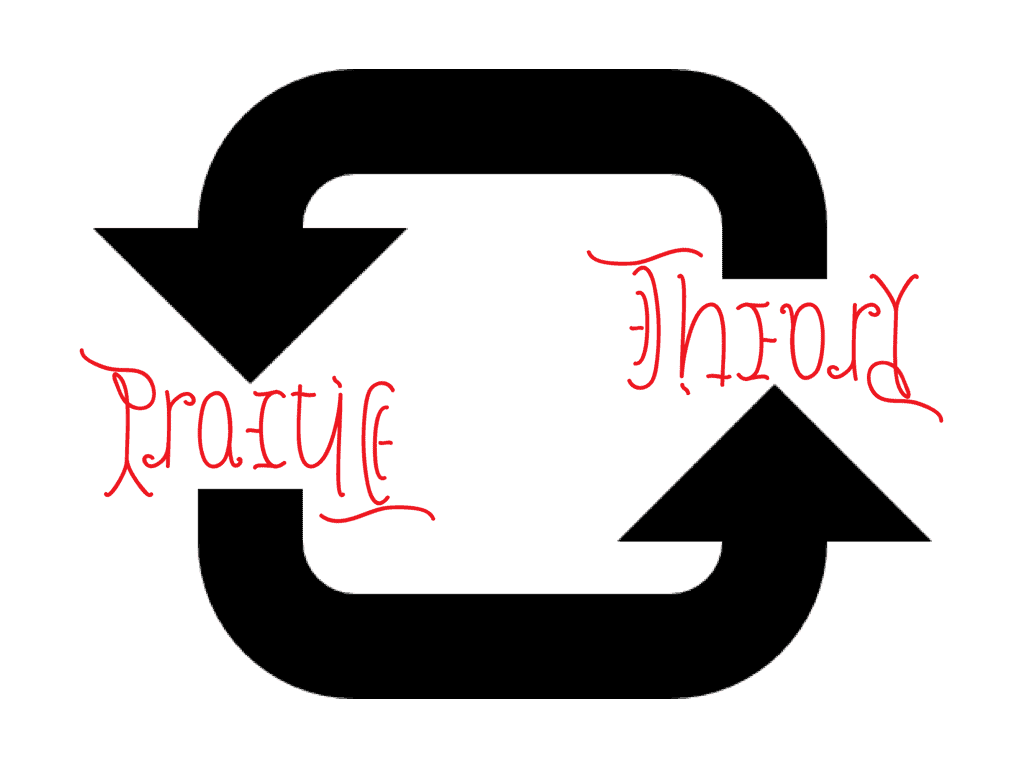I am off to Charleston, SC for the SITE 2009 conference. . I can’t believe it has been a year since Matt Koehler and I presented our Keynote. I am sending this note sitting in the Michigan Flyer bus (making good use of their free wi-fi) and am looking forward to a good conference.
I am involved with four different papers at this conference (details below) well as a few other meetings. I will try keep the blog up to date with the happenings. For now here are the titles and abstracts of the four paper accepted for presentation.
Disciplinary Knowledge Construction while Playing a Simulation Strategy Game Aroutis Foster & Punya Mishra
Abstract: Game-based learning has proliferated as a result of the claims people make about games and learning. Using a mixed-methods methodology, this study assesses the motivational valuing of the disciplinary knowledge and gameplay, the disciplinary knowledge gained by learners and whether the learners could transfer this knowledge into other contexts. Children with a range of game playing experience played a commercially available simulation strategy game for an average of 24 hours over seven weeks. They were given pre and post assessments for knowledge and motivation, a log sheet to document their progress of play through the game, and interviewed after each playing session. Analysis indicates that participants valued the disciplinary knowledge, learned disciplinary knowledge and skills, and were able to transfer the knowledge.
Changing Technological Pedagogical Content Knowledge (TPACK) through Course Experiences Tae Shin, Matthew Koehler, Punya Mishra, Denise Schmidt, Evrim Baran & Ann Thompson
Abstract: Teachers’ understanding of Technological Pedagogical Content Knowledge is critical in accomplishing successful technology integration in teaching. This study investigated how in-service teachers’ beliefs about teaching and technology changed as a result of a set of educational technology summer courses, conducted both face to face and online. A single-group pretest-posttest design was used to examine how in-service teachers’ understanding of the relationships between technology, content, and pedagogy changed over the semester. Twenty-three graduate students completed both the pre-test survey and post-test survey on teachers’ knowledge of teaching and technology. The results of dependent t-tests on each of the twelve sub-scales suggested that students gained deeper and more complex understanding of technological pedagogical content knowledge. Download Paper | Presentation
Examining Preservice Teachers’ Development of Technological Pedagogical Content Knowledge in an Introductory Instructional Technology Course Denise Schmidt, Evrim Baran, Ann Thompson, Matthew Koehler, Mishra Punya, & Tae Shin
Abstract: Grounded in Schulman’s idea of Pedagogical Content Knowledge (1986), Technological Pedagogical Content Knowledge (TPACK) has emerged as a useful frame for describing and understanding the goals for technology use in preservice teacher education. The TPACK framework acknowledges the complex nature of technology integration for teachers and the need to embed technology experiences in teacher education with regards to specific content areas. This paper describes a study that was conducted to assess how elementary education and early childhood education preservice teachers develop TPACK in an introductory course that used TPACK as a theoretical frame. A TPACK survey was administered to nearly 100 preservice teachers enrolled in a required introductory instructional technology course using a pre-test/post-test design. Results indicated statistically significant gains in all seven TPACK components with the largest growth in the areas of technology knowledge (TK), technological content knowledge (TCK) and technological pedagogical knowledge (TPACK). [Download the Paper]
Moodle vs. Facebook: Does using Facebook for Discussions in an Online Course Enhance Perceived Social Presence and Student Interaction? Michael DeSchryver, Punya Mishra, Matthew Koehler, & Andrea Francis
Abstract:In this study, we investigated the effect of using the social network site Facebook for discussions in an online course. Data were collected from concurrent offerings of an introductory educational psychology course, one using Facebook discussion boards and the other Moodle forums. We measured student perceptions of social presence and the frequency and length of their discussion interactions. Evaluation of this data indicated that there were no differences in our measures. We discuss why the potential benefits of Facebook for online teaching may not have emerged in this study and provide suggestions for further research in this area.




0 Comments